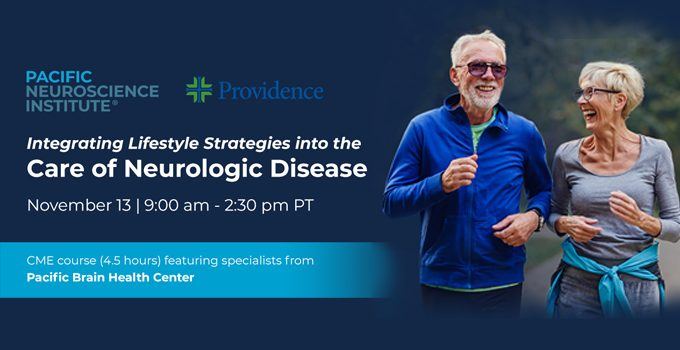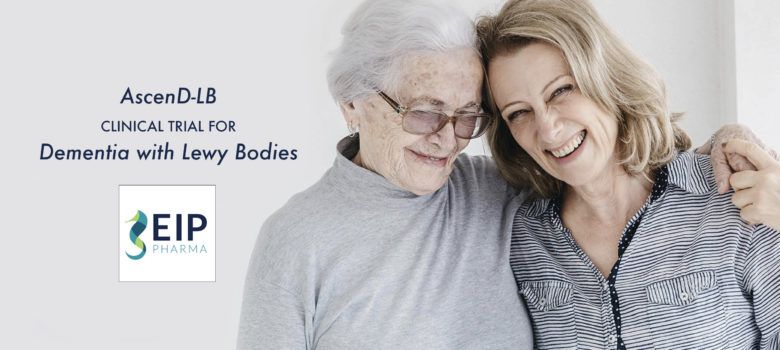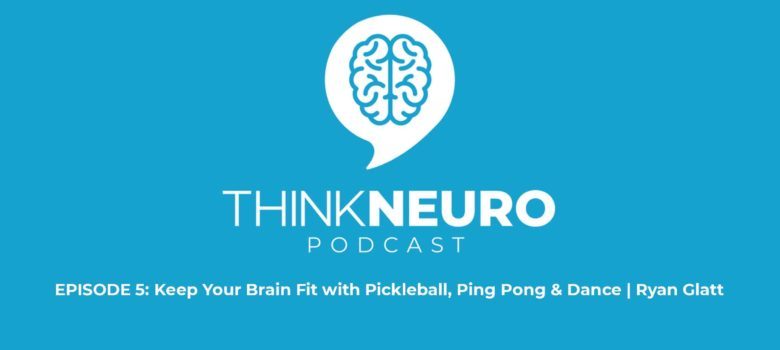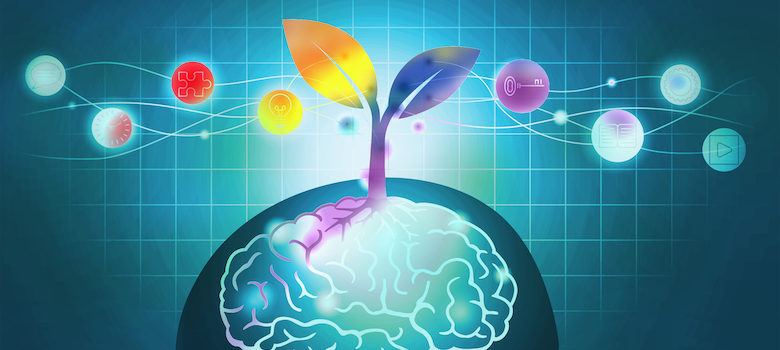
Blog
Alzheimer’s FAQs (1/3): What if my family or friends have cognitive decline?
by PNI Experts
Talking to a loved one about cognitive decline can be a real challenge. Often people with cognitive changes may not have “insight” into their condition—not recognizing changes that may be quite noticeable to others. In addition to general “forgetfulness,” some of the common signs and symptoms that might prompt concern.
Drinking Coffee and Tea May Lower the Risk of Stroke and Dementia
by Guest Author
A growing body of research suggests that foods containing flavonoids, powerful antioxidant chemicals found in coffee and tea, provide numerous brain-boosting benefits.
PNI Founders’ Message 2022
by Daniel F. Kelly
At Pacific Neuroscience Institute, we are looking forward to what lies ahead with fresh excitement. Neurological diseases do not stop and neither have we.
Dealing with Dementia – Holiday Cheer NOT Fear
by Scott Kaiser
For people suffering from Alzheimer’s Disease—the most common form of dementia and a condition that affects nearly 6 million Americans—the holiday festivities can present some unique challenges. Read about some things to keep in mind to help us all feel that holiday cheer as we head into “the most wonderful time of the year.”
PNI and Alzheimer’s Los Angeles Partner Up
by Guest Author
Pacific Neuroscience Institute Foundation proudly sponsored Alzheimer's LA's 2021 40th anniversary event, Making Memories Festival.
Integrating Lifestyle Strategies into the Care of Neurologic Disease – Brain Health CME Course
by Zara Jethani
Pacific Neuroscience Institute announces an exciting brain health CME course for practicing clinical professionals. Registration is open.
PNI Founders’ Message 2021
by Guest Author
Although our medical community continues to strain under the burden of COVID-19, there has been hope, determination and progress. Neurological diseases do not stop and neither have we at Pacific Neuroscience Institute.
New Drug for Lewy Body Dementia Shows Promise
by Guest Author
Drug shows encouraging signs for patients of less common type of dementia. Pacific Neuroscience Institute located at Providence Saint John’s Health Center among sites for clinical trial.
Think Neuro Podcast: Keep Your Brain Fit with Pickleball, Ping Pong & Dance | Ryan Glatt
by Anthony Effinger
Exercise doesn’t just give you bigger muscles. It gives you a bigger brain. Scientists have measured brain volume in people who exercise and those who don’t. The exercisers had more.
Here We Grow Again – Expanding Brain Health Services in Southern California
by Zara Jethani
Pacific Brain Health Center expands to provide necessary services for more patients.
Last updated: May 5th, 2020









